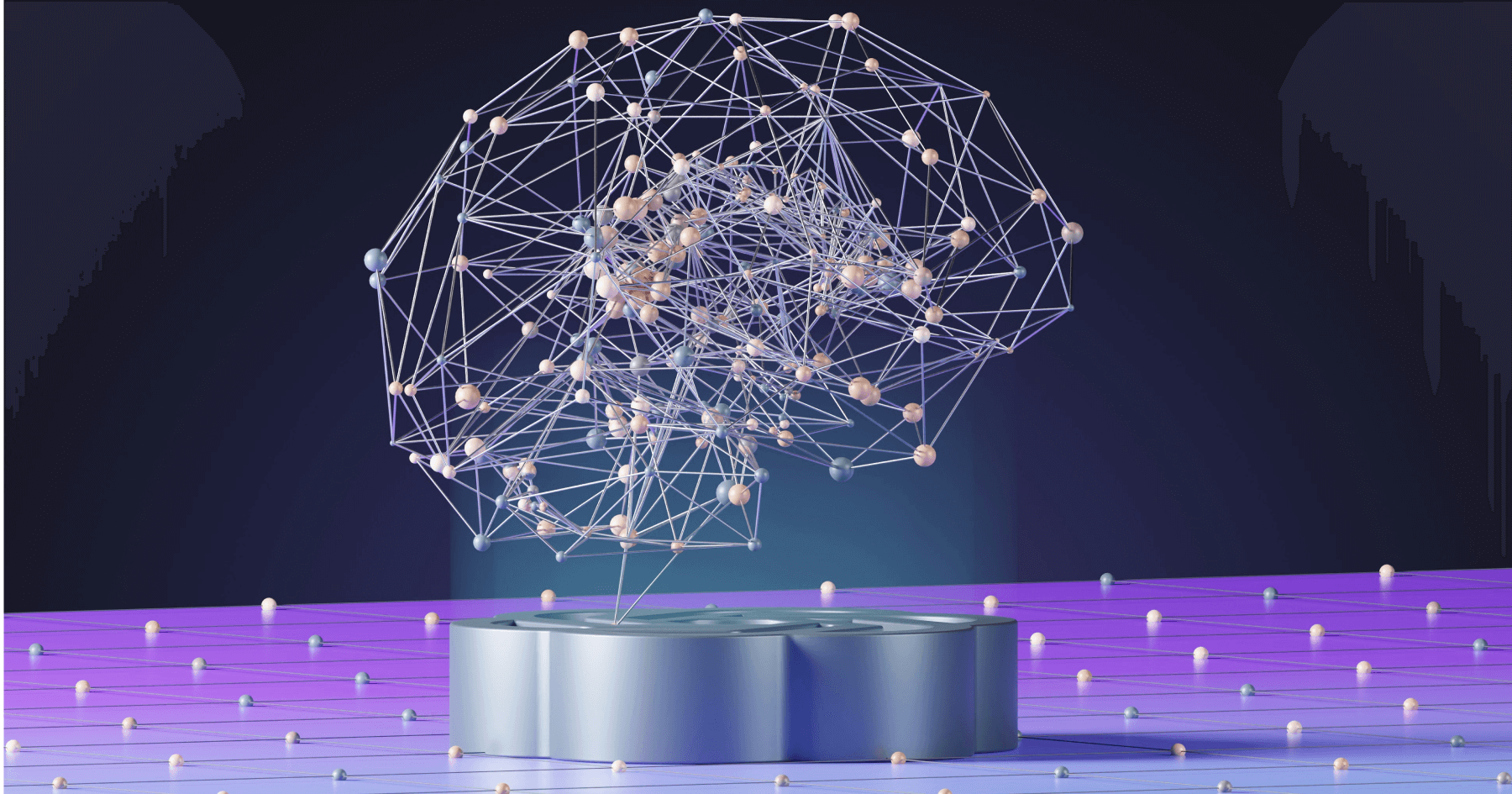Artificial intelligence, often abbreviated to AI, is a growing field that is changing our personal and professional lives every day. But what is it exactly? How is this technology changing the world around us?

What is artificial intelligence?
In simple terms, artificial intelligence refers to the ability of machines to perform tasks that until now required human intelligence. This includes skills such as speech recognition, image analysis, decision-making, and even natural language interaction, such as virtual assistants (Siri, Alexa, etc.).
This intelligence is based on algorithms that can learn from data, a process called machine learning.
Fields of application of artificial intelligence
Artificial intelligence has invaded many fields and brought significant changes to the way we work, communicate and even consume:
- Healthcare: In medicine, AI is used to diagnose diseases, analyze medical images and predict treatments. Applications such as assisted surgical robots or AI diagnostic platforms have transformed the practices of healthcare professionals.
- Finance: AI helps financial institutions manage risks, detect fraud and optimize investments.
- Industry and logistics: AI enables the automation of production, predictive maintenance of machines and optimized supply chain management. For example, in the automotive industry, self-driving cars are one of the most promising developments in artificial intelligence.
- Marketing and e-commerce: Artificial intelligence offers advanced personalization, making product recommendations and marketing campaigns more targeted. It is also the basis for chatbots and virtual assistants that improve the user experience.
- Education: In the field of education, using intelligent tutoring systems and interactive educational platforms, artificial intelligence makes it possible to adapt learning to the pace of each student.
Opportunities and challenges of artificial intelligence
Artificial intelligence offers enormous opportunities, but it also brings challenges. On an ethical level, the massive collection of personal data, the automation of work or even decision-making without human intervention are sensitive subjects that require regulation. In addition, AI remains an area of intense research, with questions of transparency and fairness at the heart of the debate.
The future of artificial intelligence
Advances in artificial intelligence herald even more profound changes in the years to come. The potential of concepts such as generative AI, capable of creating text, images and even music, or explainable AI, which attempts to make an algorithm’s decision-making process more transparent, is enormous. However, it is crucial to ensure that these innovations benefit everyone within an ethical and controlled framework.
Conclusion
Beyond merely being a technological advancement, artificial intelligence represents a paradigm change that reinterprets how we interact with technology and society. Our lives are being altered by artificial intelligence, which also portends an intriguing but challenging future. It is crucial to comprehend how it functions and its possible effects in order to maximize its advantages while lowering its risks. Artificial intelligence's future hinges on our capacity to use it ethically in addition to its technological advancements.